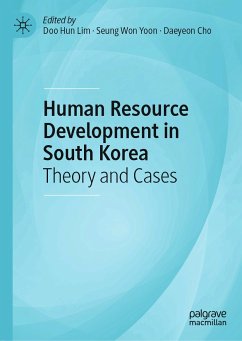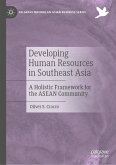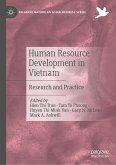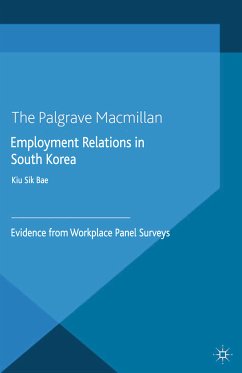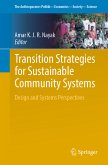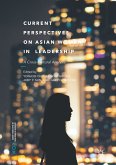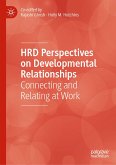This edited book covers major trends, notable distinctions, and the challenges and needs for preparing future HRD activities in South Korea. It consists of three major sections: national and social issues of HRD, sector perspectives on HRD, and contemporary issues and trends. To cover contemporary trends and future issues, authors examine topics in diverse areas, such as the application of data analytics for HRD, action learning trends, and psychological and work climate issues affecting performance. Through theory and cases, this book will show how HRD can be successful at the organizational, industrial, and societal levels as well as the future needs required to further advance HRD in the nation.
Doo Hun Lim is a Professor of Adult and Higher Education at the University of Oklahoma, USA.
Seung Won Yoon is Professor of Higher Education & Learning Technologies at Texas A&M University-Commerce, USA.
Daeyeon Cho is Professor of HRD and Adult Continuing Education at Korea University, South Korea.
Dieser Download kann aus rechtlichen Gründen nur mit Rechnungsadresse in A, B, BG, CY, CZ, D, DK, EW, E, FIN, F, GR, HR, H, IRL, I, LT, L, LR, M, NL, PL, P, R, S, SLO, SK ausgeliefert werden.

